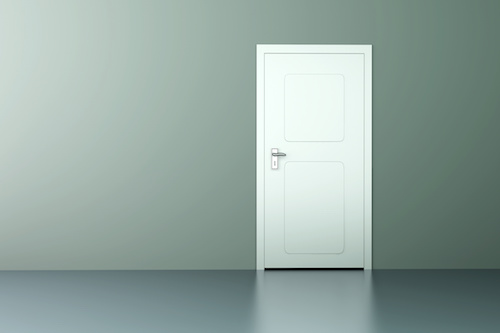 Culture & Ethics
Culture & Ethics
 Faith & Science
Faith & Science
 Medicine
Medicine
 News Media
News Media
Assisted Suicide Coercion Happens Behind Closed Doors

Assisted suicide propagandists insist that doctors will never assist suicides if they think a person is being coerced to die. How in the hell would they know? Family pressure isn’t exerted with a gun to the head that can be seen on an X-ray. It occurs in daily nudges and winks — subtle pushes — that drive the vulnerable person toward the abyss.
An illustration of how this works appears in the New York Times Magazine, in a first person account of Colombian poet and novelist Carlos Framb, who pushed his mother — growing blind and debilitated with old age — into assisted suicide. From “Jumping the Wall” (my emphasis):
For me, it has always been clear: Life is worth it only if you want it. And my mom didn’t.
So I started talking to her. I wanted to lead my mom from her belief that suicide is a sin to my own view that suicide is a sovereign right every person has.
But for my mom, religion was company, comfort. It would be wrong of me to try and convince her of something different. So I was just trying to lead her to the notion of a compassionate God, a merciful one.
He didn’t finish that last sentence: “Who would approve and understand when she committed suicide.”
Framb eventually got his way, as the mother’s resistance finally collapsed. He made the poison for her and gave it to her to drink. He then tried to kill himself, but with no one there to make sure he died, he failed.
And then Framb makes a pro-suicide pitch of the kind we often see these days in media venues like the New York Times:
I enjoy my life now, but I don’t see why I have to for the pleasure with a quota of pain at the end.
When the conditions of life are no longer golden, which will come, obviously, then I will be more than willing to leave the way I want.
Because that cocktail can be very sweet if you put enough sugar in it.
This is proselytizing for suicide, yet another measure of the extent of this culture of death. I don’t see any other way to look at it.
Image: � benedetti68 / Dollar Photo Club.
